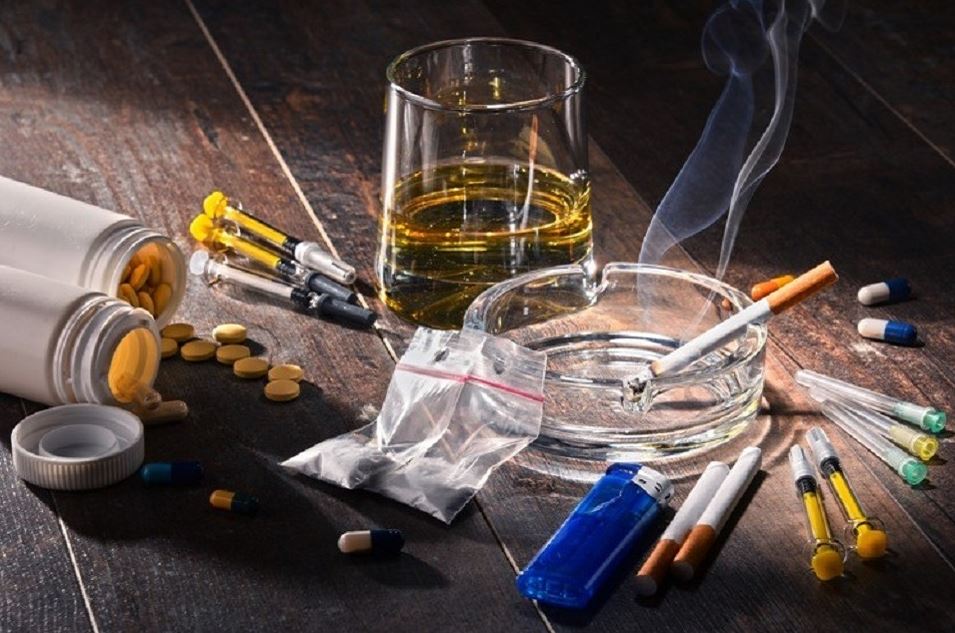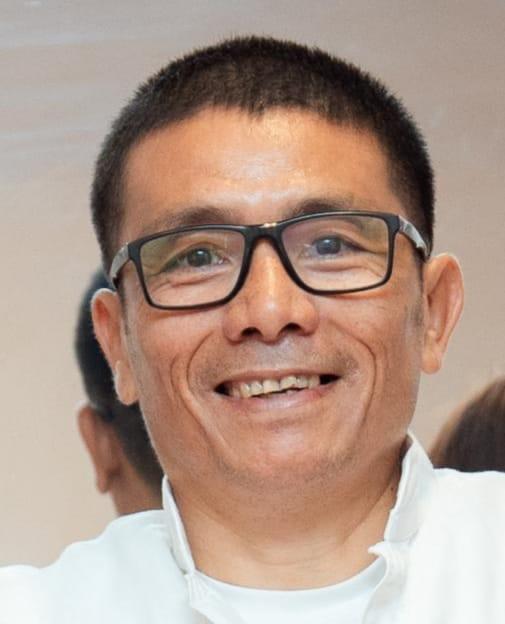As the world observes International Harm Reduction Day today, it is time for Manipur to reflect not only on the tragic toll of drug use, but on the suffering imposed by our own responses to it. Beneath the surface of anti-drug campaigns and moral policing lies an uncomfortable truth the denial of dignity, health, and basic human rights to people who use drugs. Nowhere is this more apparent than in the unchecked abuses carried out under the guise of rehabilitation and societal “correction.”
In recent years, Manipur has witnessed a disturbing rise in custodial deaths and abuse in drug rehabilitation centers, many of which operate with little oversight or accountability. Private centers have been documented using coercion, physical violence, and confinement, often admitting individuals without consent. In parallel, vigilante groups and self-styled moral enforcers have taken it upon themselves to forcibly pick up drug users, branding it as a public service. This is not law enforcement; this is moral authoritarianism, and it has no place in a democratic society.
Such actions not only violate international human rights standards but also directly undermine effective, evidence-based public health approaches. The emphasis on forced treatment and punishment betrays a profound misunderstanding of harm reduction, a public health framework grounded in compassion, pragmatism, and human dignity.
Manipur’s response to drug use cannot be built on fear and stigma. It must be built on science, rights, and care.
Despite the commendable efforts of frontline health workers and NGOs, harm reduction services in the state remain grossly underfunded, fragmented, and vulnerable to political will. Under the aegis of the Manipur State AIDS Control Society (MSACS), services such as needle-syringe exchange programs, opioid substitution therapy (OST), HIV/HCV testing, and naloxone distribution have made inroads. But the coverage/monitoring remains inadequate, especially in rural and hill districts, and is constantly threatened by erratic funding, program implementation and incapacities.
The Manipur State Policy on Psychotropic Substances, 2019, gazetted officially, remains largely on paper. The policy, which rightly acknowledges the need for a multi-sectoral, rights-based, and public health-oriented approach, has yet to be meaningfully implemented. It is imperative that the state takes immediate steps to operationalize this policy, including investing in capacity-building, community-based care, and legal safeguards for people who use drugs.
Let us be clear: Harm Reduction is not contradictory to drug demand or supply reduction efforts. It is complementary, an essential pillar that ensures our drug response does not become a source of further harm. It is not about condoning drug use, but about minimizing its negative consequences, protecting public health, and giving people a real chance through choices for a cleaner life, a gateway to a productive life and hence forth.
A structural strategy is urgently needed, one that goes beyond tokenism and media optics. Harm reduction must be seen not as an emergency band-aid, but as an integral part of health systems, criminal justice reform, and social reintegration efforts. This means coordinated planning across departments, inclusive policymaking with the involvement of affected communities, and ending the war not just on drugs, but on the people who use them.
Manipur has long struggled with complex social and political realities, but it also has a vibrant network of community health advocates, drug users, and rights defenders who are ready to lead the way. What is needed is a humane, rights-based pivot in our drug policy, a shift from punishment to care, from stigma to support, from silencing to listening.
On this International Harm Reduction Day, let us not only remember those lost to overdose and systemic neglect, but also commit ourselves to a future where compassion, science, and justice shape our collective response.












